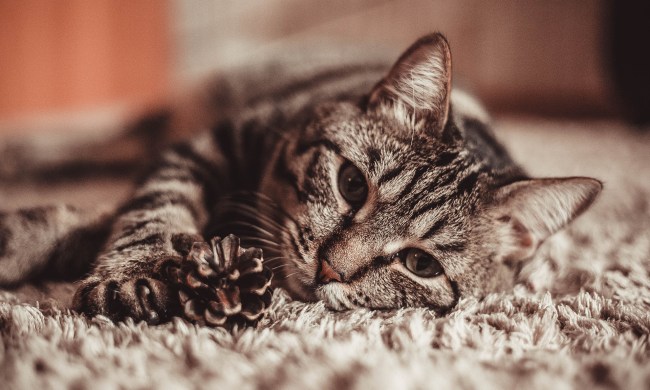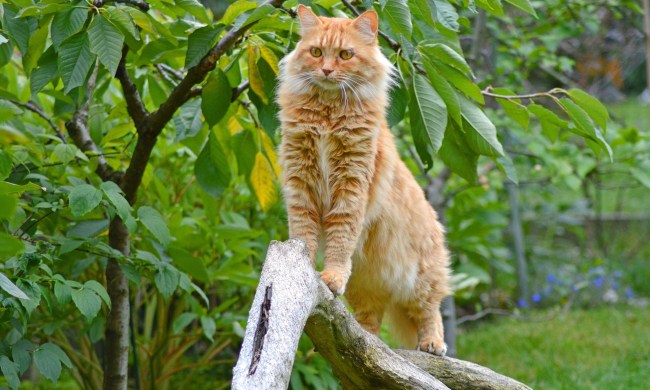Whether you travel a lot for work or you’ve finally booked your dream vacation, having a pet sitter you feel comfortable leaving your fur babies with is as essential as your plane ticket. Knowing how to find a pet sitter is a valuable life skill when you have animal companions. But knowing how to find a good pet sitter can be tougher than it sounds. Thankfully, it doesn’t need to be. We’ve done all the research for you, so you can sit tight, relax, and trust that — thanks to our helpful tips — you’ll know the perfect sitter for your pet when you meet them.
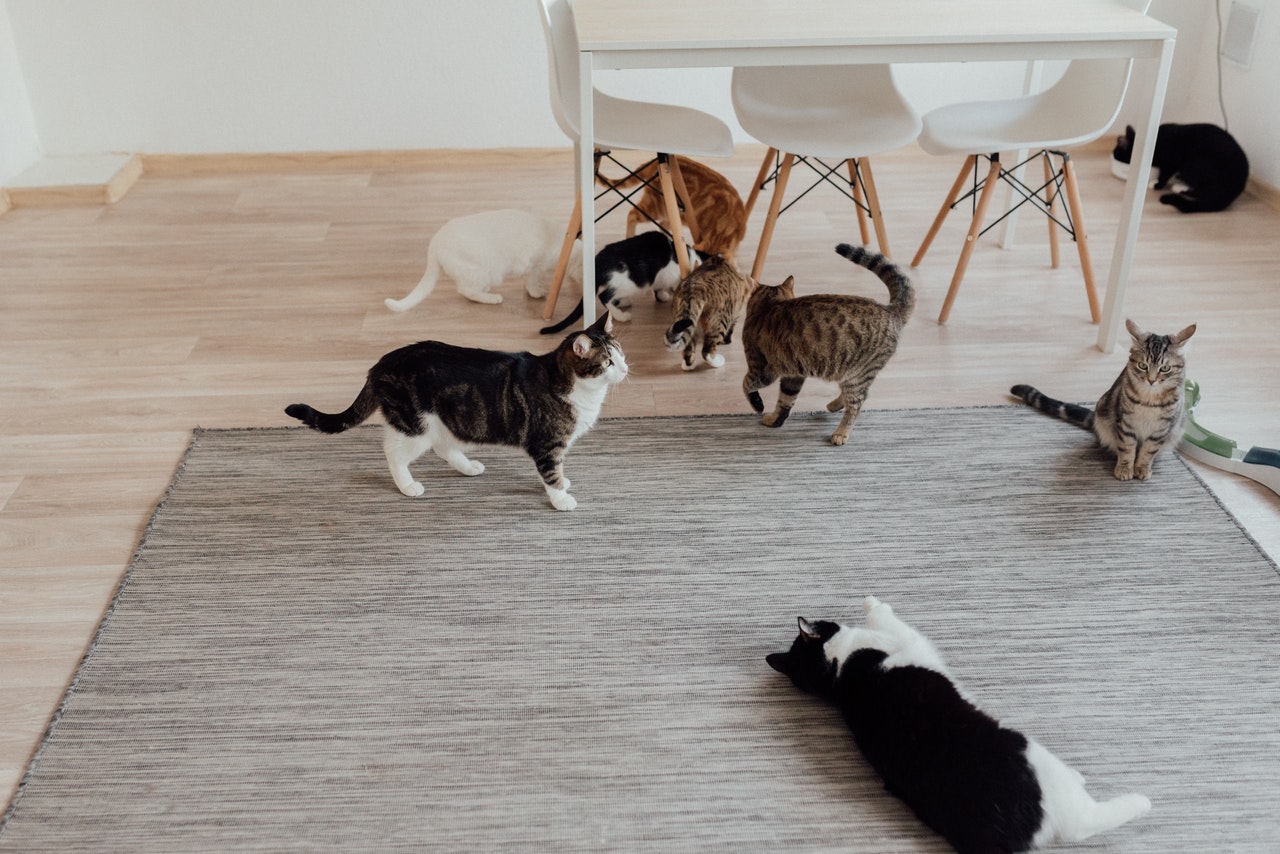
Why should you hire a pet sitter?
If you’re going to be out of town only for a night or two, asking your friend to fill up your pet’s bowls and take her for a walk is no big deal. After all, you’ve most likely done the same for them. However, if you need to leave town for a weeklong business trip, vacation, or family emergency, a pet sitter is in order. The benefits of using a pet sitter are numerous, and they include:
- Your pet gets to stay at home with her own food, toys, and bedding.
- She won’t get stressed out by traveling to the vet to be boarded, where she’ll be surrounded by strange animals and smells.
- You can ask your pet sitter to bring in any packages or newspapers, so your home looks occupied even while you’re away.
- Many pet sitters will also water any plants you have, take your pet out for a walk if she’s allowed outside, and some will also groom your pets for you in the comfort of your home.
- You won’t have to ask friends, neighbors, or family members to look after your pet while you’re away.
- You’ll feel much better about leaving your pet in the care of a professional who has a ton of experience with pets.
As you can see, the benefits of using a pet sitter are extensive. But how do you find a good one? We’ll help you out.
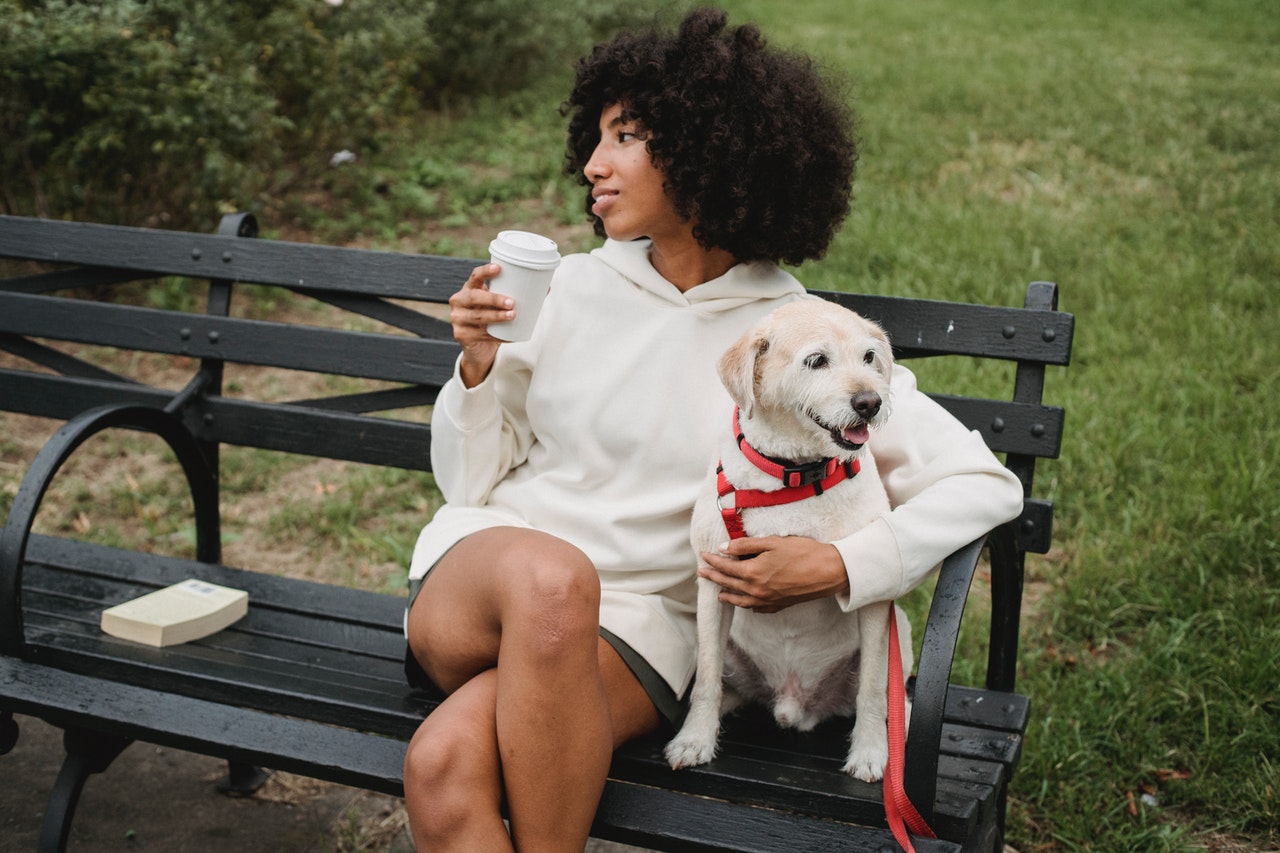
Finding a good pet sitter
Word-of-mouth recommendations are a great place to start when you’re looking for a pet sitter. If your co-worker has pets and travels frequently, don’t be afraid to ask who they use to look after their pets. It’s okay if you don’t know anyone off the top of your head. You can make inquiries at your groomer or veterinarian’s office. Some groomers, vet techs, nurses, and even veterinarians pet-sit in their spare time to pick up a few extra bucks, so don’t be surprised if someone offers to watch your fur baby on the spot.
Other options include NAPPS, the National Association of Professional Pet Sitters, which is the only national nonprofit professional pet sitting organization; Pet Sitters International, which has around 7,000 independent pet sitters available; and Rover, which allows you to see which pet sitters have repeat customers, view their ratings, and read user-written reviews before booking.
What to look for in a pet sitter
Before you leave for your trip, you should ask your pet sitter to come over and meet your pet in person. Watching them interact is the best way to gauge whether the sitter will be a good fit for your pet. If you have an extremely skittish cat, however, your mileage may vary. Some pets dislike all strangers. Only you know your pet’s typical behavior, so you’ll be the best person to judge whether a sitter is right for your pet. If you can, have the sitter watch your pet for a short duration, like over the weekend, before committing.
Some questions to ask your pet sitter:
- Will they make sure you no longer need their services before discontinuing check-ins after you return?
- Does your pet sitter have an action plan if your pet needs veterinary assistance?
- Will your pet sitter take notes on your pet’s medical history, any medications needed, and potential issues like fear of thunderstorms?
- Will they stay in the home with your pet, or will they visit multiple times a day?
- Do they have prior experience pet sitting? If so, are they willing to share references?
- Is your pet sitter insured and bonded?
When choosing a sitter, look for one who has liability insurance in case of accidents. You’ll also want someone who’s bonded in the event of theft or damages to your home. (While this is incredibly rare, it’s always better to be safe than sorry.)
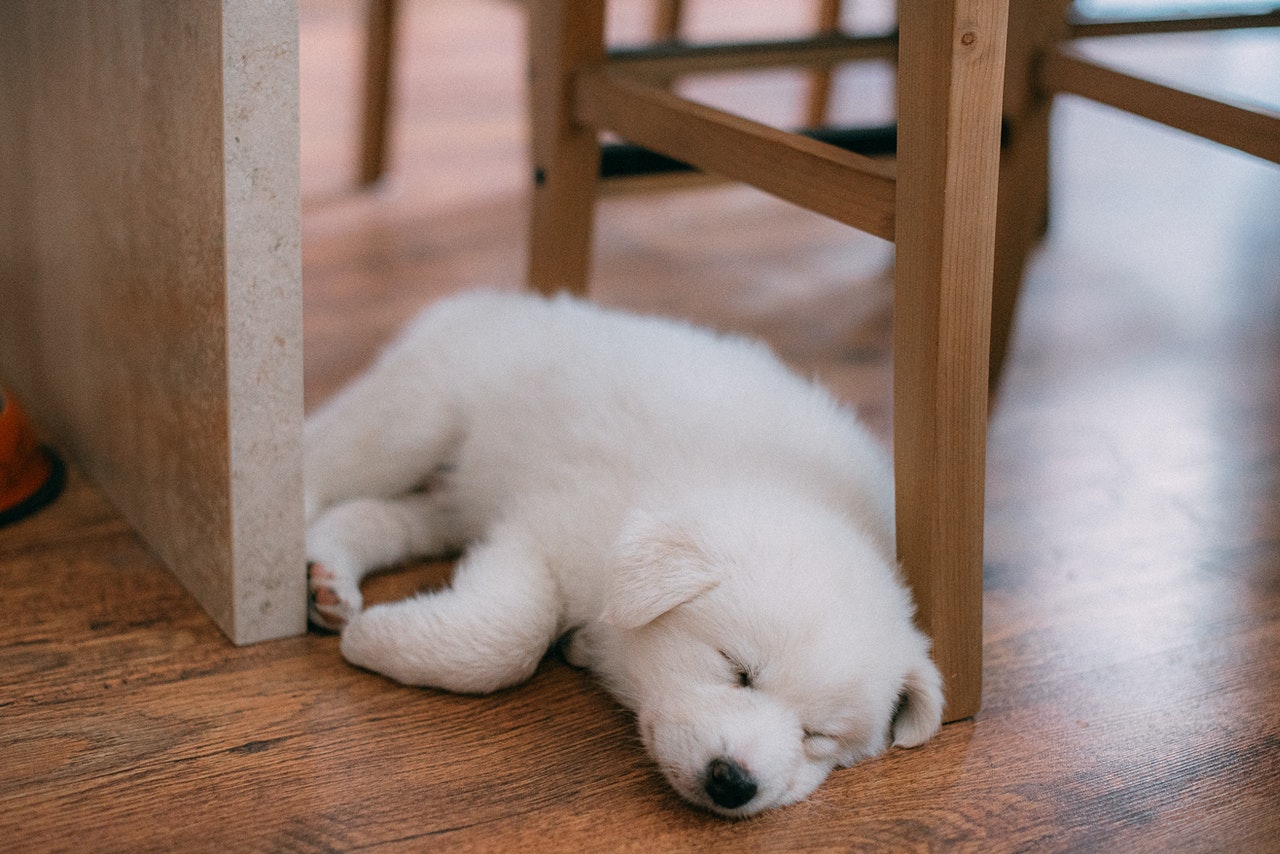
How to worry less while you’re away
Leaving your fur baby behind is always stressful, even if you’re leaving her in the care of a trained professional, but there are steps you can take to give yourself peace of mind. Make sure you have plenty of food and any medications your pet will need in case you have to stay gone longer than you anticipated. Ensure your pet sitter has contact information for your veterinarian, confirm your pet’s vaccinations are up to date, and leave detailed instructions for your sitter. Now, you can enjoy your trip knowing your pet is in good hands.

